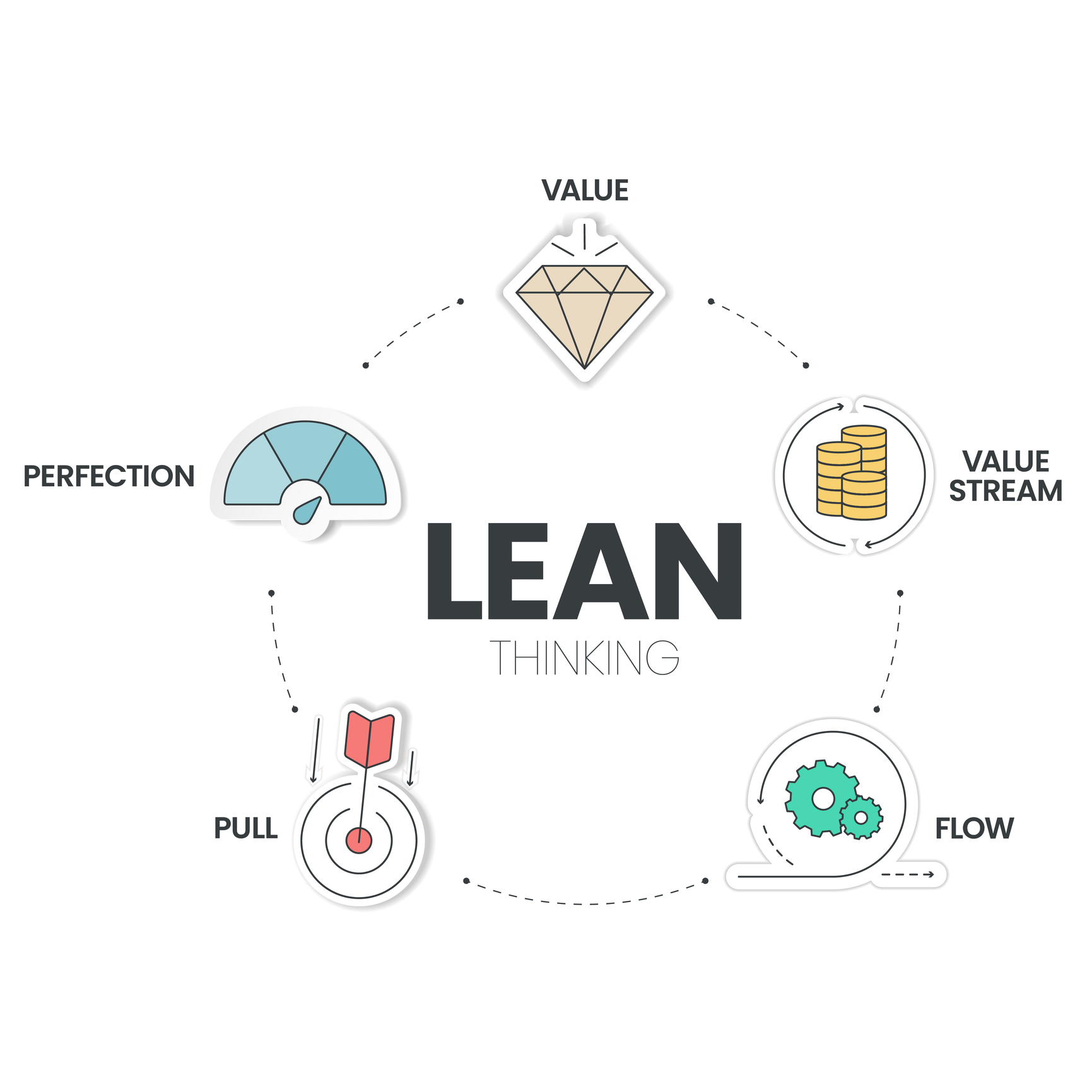When multiple teams are operating within the same value stream, controlling dependencies can feel like a daunting task. These teams often become silos and negatively impact the ability to collaborate across the entire value stream, increasing dependencies and decreasing overall productivity.
At this month’s {virtual} VSMcon 2022, Jim Benson, CEO of Modus Cooperandi and author of “Personal Kanban,” spoke about the myth of dependencies and how organizations can work together to eliminate them.
Benson’s session focused heavily on two points: dependencies are man-made, and value streams are more about the people than they are about the workflow. So, tweaking the way that the people within an organization work together can be the key to busting the myth of dependencies.
He said that this all begins with eliminating the siloed team structure and opting for a more transparent and cross-functional organization, so that every team with a hand in a project can be fully informed every step of the way.
He also emphasized that this has become especially obvious with the rise of remote work due to the pandemic. Since a dispersed working environment eliminates the accidental communication that so often happens in a traditional office space, collaboration between teams must be even more intentional in order to yield the best results for the customer.
According to Benson, without that collaboration, silos will continue to be strengthened and, therefore, the problems will continue as well. Benson believes that finding places within the value stream where different teams can work together or work directly with the customer is the most effective way to solve this.
“Take the self-organization part of agile and the cross-functional team part of agile, all this rhetoric we have that we don’t actually do, and really do it,” he said. “Say ‘these pieces of work that are coming up involve these different silos and we need to have representation from those silos working on the work,’ not ‘we do our work and then hand it off to them,’ because that is not a value stream.”
Benson went on to explain the detriments of having a siloed organization, including information sinks, planning turrets, missing feedback loops, weaponized expectations, and failure demand.
Transparency throughout the entirety of the value stream works to reduce these issues because everyone is able to benefit from the knowledge of all of the teams that were involved.
“If we knew, even if we were on Team B that Team D was having a problem with a part that we worked on… the whole group can apply their expertise to solving that particular operational bottleneck,” Benson explained.
To learn more, watch Benson’s session “See Collaboration: End the Myth of Dependencies,” available on-demand now.








